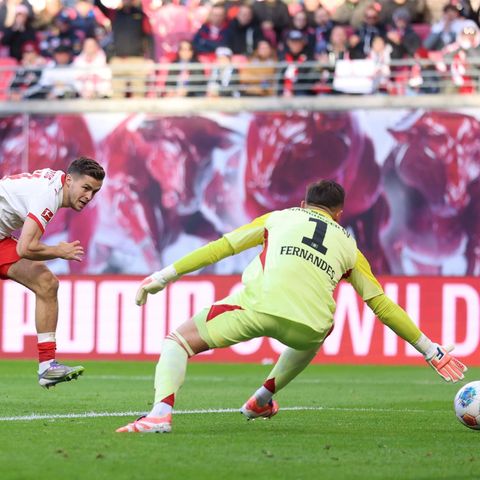The national government accelerates the regulation of the Large Investment Incentive Regime (RIGI) in an attempt to make the country’s first investments. By publishing the Decree 940/2024, The Executive made official some technical details of the regime to improve the understanding and application of the system. ANDThese modifications are related to the administrative circuit for those who are able to present themselves and the aspects that must be taken into account to avoid non-compliance.
In this context, the Executive established the conditions, deadlines and requirements that regulate the operation of the Large Investment Incentive Regime (RIGI), Therefore, companies will now be able to apply for their investment projects through the Remote Procedures (TAD) platform.
The RIGI grants the possibility that Argentina can develop investments in strategic sectors such as oil and gas, mining, renewable energy, forest industry, steel, technology, infrastructure and tourism. The minimum investment requirement to be able to apply to the program is that the investment be from 200 million dollars.
dollars .jpg
The minimum investment requirement to be able to apply to the program is that the investment be from 200 million dollars.
The resolution also defines the detailss regarding tariff, fiscal and exchange benefits contemplated by the regime, the subjects who may receive them and the merchandise achieved by these benefits, contemplating the development of local suppliers, who are given equal conditions to produce and sell capital goods to the owners of the projects, called Single Project Vehicles ( VPU). The deadline for approval of each project is 45 days from its application in TAD.
The RIGI also allows provinces that wish to join and grant additional benefits for companies that invest, in addition to the fiscal stability and legal security of the national regime, which establishes that the tax burden cannot be increased on the projects involved for 30 years. Among the provinces that have already joined the RIGI are Rio Negro, Chubut, Mendoza, San Juan, Salta and Córdoba, while new accessions are being evaluated.
The regulatory decree establishes how Authority of Application to the Ministry of Economy and creates an evaluation Commission made up of the Head of the Cabinet of Ministers and in which the Ministry of Economy, the Energy and Mining Coordination Secretariat, the Production Coordination Secretariat, the Treasury Secretariat and the Finance Secretariat intervene.
In turn, the Ministry of Industry and Commerce, through the Undersecretary of Industrial Policy, will be in charge of technically evaluating the VPUs. In this way, the projects that apply will be evaluated in the first instance by the area of primary competence in the topic andIt will be the Ministry of Economy who will rule on its viability, upon recommendation of the Evaluation Commission.
Companies: what are the goods that can be imported?
In turn, the decree specifies which merchandise may be imported, including:
- inputs and intermediate goods intended exclusively for industrial transformation and/or improvement that result in another good identified as ‘Capital Good (BK)’ and/or ‘Informatics and Telecommunications Good (BIT)’;
- the final assets identified as ‘Capital Asset (BK)’ and/or ‘Informatics and Telecommunications Asset (BIT)’.
“In no case will the supplier attached to the RIGI be able to provide the VPU with imported inputs or intermediate goods that have not been subjected to a transformation process that gives the good provided a new resulting form“, understood as the jump in tariff heading”, the regulations provide.
Regarding the conditions for the importation of merchandise, they established that, sIf a supplier does not specify a supply within 360 days of importation, it must re-export the goods or face tax consequences.
In this sense, the Government indicated that suppliers will not be able to transfer goods imported under the RIGI to third parties, without first having express authorization and prior payment of taxes. “In the event that the transfer of the merchandise is carried out after the expiration of its useful life has been determined or its re-export has been authorized, payment of said taxes will not be required,” he clarifies.
On the other hand, they detail that the “Solidarity liability is not applicable in relation to the case contemplated in paragraph g) of article 211 and paragraph h) of article 213 of Law No. 27,742.”
Other modifications to RIGI
Furthermore, the decree specifies the procedures to proceed with the suspension or termination of membership in the RIGI, including sanctions according to the respective non-compliance that has been detected.
At the same time, They also modified some aspects related to the suspension of taxes and the regulation to resolve disputes between partners or shareholders of projects attached to the RIGI.
Source: Ambito
I am an author and journalist who has worked in the entertainment industry for over a decade. I currently work as a news editor at a major news website, and my focus is on covering the latest trends in entertainment. I also write occasional pieces for other outlets, and have authored two books about the entertainment industry.




